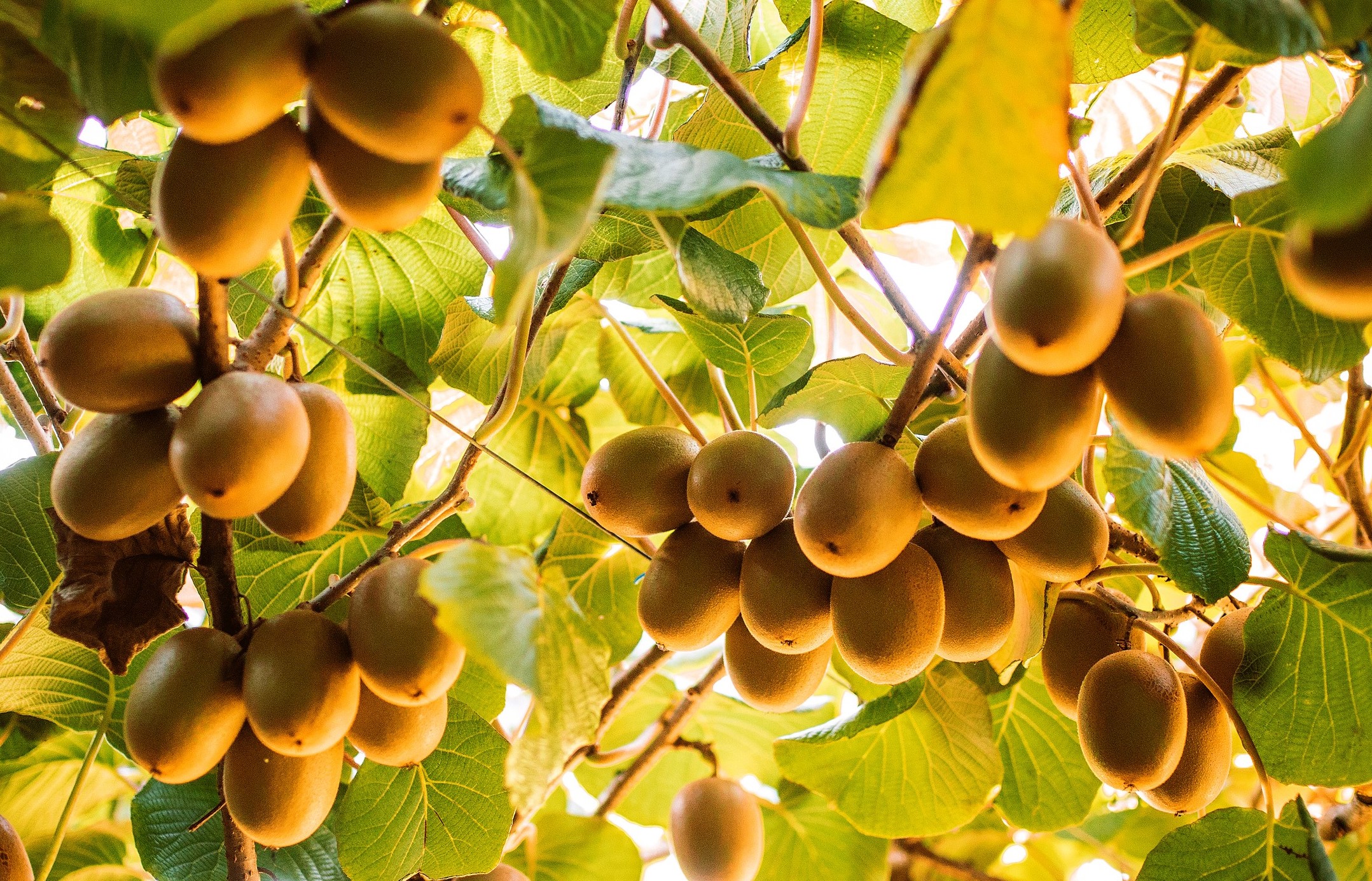Zespri has welcomed the announcement by the New Zealand Government that it has approved the amendment of the Kiwifruit Export Regulations.
Zespri Chairman Peter McBride says the updated regulations will enable Zespri to recommend changes to its constitution to align shareholding of the company more closely with production.
“Our industry asked the government to update the regulations to allow us to develop a sustainable and long-term plan to maximise the wealth of New Zealand kiwifruit growers. That means taking action to develop the broadest-possible alignment between total production and shareholding, to strengthen grower ownership of the industry,” says Mr McBride.
Over time, the New Zealand kiwifruit industry has seen a growing misalignment between growers who supply kiwifruit to Zespri and people who own shares in Zespri. One reason is that orchards have been bought and sold but those leaving the industry have not always sold their shares to existing growers. A result is that a number of growers do not own shares.
Zespri now intends to hold a Special Meeting as soon as practically possible following consultation with shareholders, to ask shareholders to support changes to its constitution designed to improve shareholder alignment, including increasing the number of growers that own shares.
Zespri plans to support this process by carrying out a targeted share buyback and issue programme next year. These measures require shareholder approval and would come into effect over a number of years. Zespri will communicate further details about the planned recommendations at its annual meeting on 24 August.
In addition, the Government has updated the definition of Zespri’s core business in the regulations. The change acknowledges that Zespri’s model has evolved, and recognises that research and development, market development and marketing are essential in leading the world in delivering quality kiwifruit and providing strong sustainable returns to New Zealand growers.
The regulatory change is a significant milestone in a comprehensive industry review process spanning three years, including a grower referendum in 2015 that had the highest turnout in a horticultural referendum in recent history.




